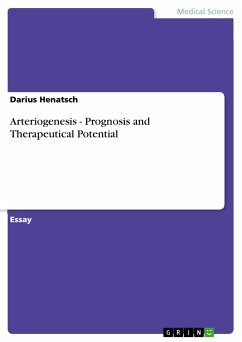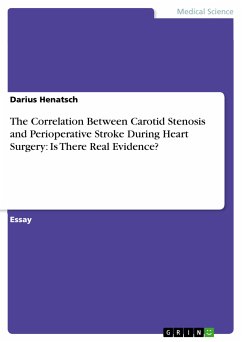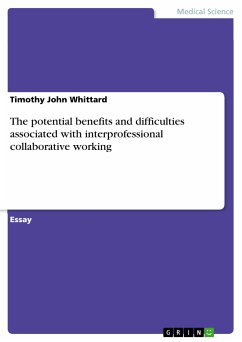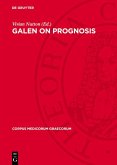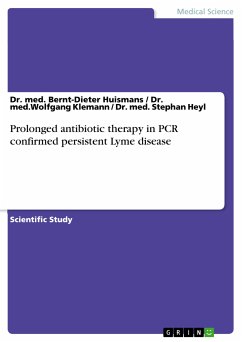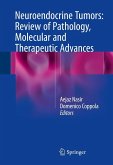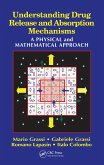Essay from the year 2008 in the subject Medicine - Internal Medicine, grade: Excellent , Maastricht University, course: Cardiology and Vascular Medicine , language: English, abstract: Due to the fast growing field of molecular cardiology, mechanisms responsible for collateral artery growth (arteriogenesis) are widely unravelled. After coronary artery occlusion, flow shear stress induces endothelial cell expression and release of adhesion molecules and chemokines. Monocytes are attracted and transmigrate into the vessel wall to release pro-arteriogenic molecules. The process of collateral vessel growth is severely impaired in patients with different risk factors for atherosclerosis, as diabetes or hyperlipedemia. This can be attributed to the impaired migration capacity of monocytes towards pro-arteriogenic stimuli, like MCP-1 and VEGF-A. In these patients “at risk”, blood derived monocytes offer a possibility to predict the individual ability to form functional collaterals by an in vitro performed migration assay. Furthermore, growth factor therapy can be used to enhance and restore collateral growth in patients with impaired arteriogenesis. Here, the migration assay could perfectly be used to for individual adjustment of therapeutical interventions.

